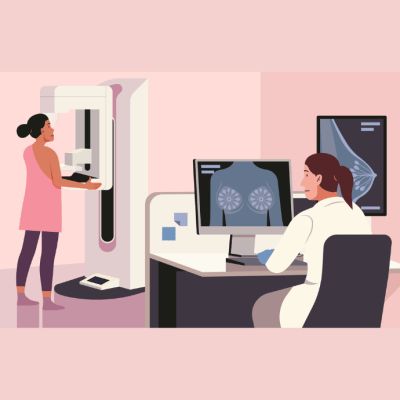Research has highlighted that a fifth of young women who have sought help for their mental health were told they were being dramatic.
The survey revealed that 27% of individuals who had opened up about a mental health crisis in the past five years were told that their issues could be attributed to hormonal factors. This response suggests that some people's mental health concerns were potentially overlooked or dismissed.
In the UK, recent statistics from the Office for National Statistics (ONS) indicate an increase in suicide rates among women under the age of 25. The average of one suicide occurs every two days. Mental health charities and campaigners assert that stereotypes about women contribute to this issue. Unfortunately, the feelings and symptoms expressed by women when they seek help are often not acknowledged or are disregarded.
More than 2,000 women who took part in the YouGov survey were questioned about their experiences when discussing a mental health crisis. The results revealed that many women did not feel they were taken seriously when they sought help.
A third of women in the survey were asked if they were “overthinking things” and 20% of women were asked if they were on their period.
The research findings reveal a concerning trend where the feelings and symptoms expressed by young women are often dismissed, ignored, and attributed to being over-emotional, hormonal, or attention-seeking. These damaging preconceptions create barriers that stop young women from being heard and receiving the necessary support.
Taking immediate action to overcome the stigma and barriers faced by women during times of crisis is crucial. It is vital to provide women with the necessary support and create a safe environment where women feel heard, validated, and supported when seeking care for their mental health struggles.
Prof. Louis Appleby, a government adviser on suicide prevention, said: “Suicide in young women is a national priority”.
“The causes are likely to be complex – including mental ill-health, abuse, online experience – and prevention too has to be wide-ranging. It’s a reminder that suicide is constantly changing and we must be vigilant”.
Source: The Guardian
Image Credit: iStock
References:
Office for National Statistics [ONS] (2022) Suicides in England and Wales: 2021 registrations.



















